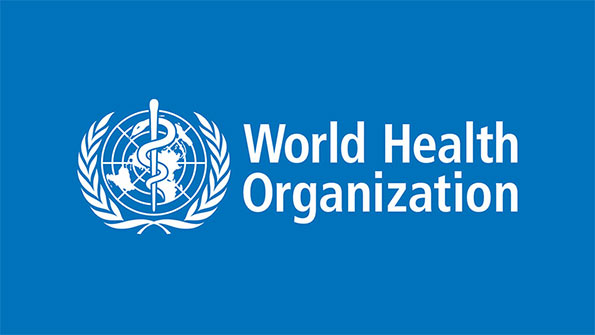WHO declares Sri Lanka malaria-free in ‘truly remarkable’ achievement

The World Health Organisation (WHO) has declared Sri Lanka free of malaria, hailing it as a “remarkable public health achievement” for the Indian Ocean island, once one of the most affected nations in the world.
The WHO said Sri Lanka had become the second country in the region to eliminate the mosquito-borne disease after Maldives with no locally transmitted cases of malaria in Sri Lanka in the last three and a half years.
The WHO attributed the South Asian country’s success to a strategy that deployed mobile clinics, boosted public health awareness campaigns and intensively targeted the parasite, as well as the mosquito.
This included providing drugs to populations who may unknowingly be carrying the parasite, which can survive in humans for more than 10 years.
“Sri Lanka’s achievement is truly remarkable. In the mid-20th century it was among the most malaria-affected countries, but now it is malaria-free,” WHO’s South East Asia Director Poonam Khetrapal Singh said late on Monday.
“This is testament to the courage and vision of its leaders, and signifies the great leaps that can be made when targeted action is taken. It also demonstrates the importance of grass-roots community engagement and a whole-of-society approach when it comes to making dramatic public health gains.”
Almost half the world’s population is at risk of malaria. The disease is both preventable and curable, yet hundreds of thousands of children die of it every year.
Globally, there were 214 million cases of malaria and more than 438,000 deaths in 2015. Analysts say the actual figure is probably higher because many cases are not reported.
Spread by the female anopheles mosquito, it affects people in most developing countries. Sub-Saharan Africa carries a disproportionately high share of the global malaria burden with almost 90 percent of the total number of cases and deaths.
Improvements in prevention have cut the number of people dying of the disease by 60 percent since 2000, and several countries have recently eliminated it altogether.
But, in South East Asia, the parasite which causes malaria is developing resistance to the most effective drug treatment and scientists are concerned resistance may spread to Africa.
TARGETING THE PARASITE
More than 80 percent of Sri Lanka’s 22 million population live in rural areas, providing ideal ecosystems for Anopheles culicifacies, one of the main vectors for malaria in the region.
And despite an armed conflict raging in the country’s northern and eastern provinces, authorities – supported by international charities and the army – managed to effectively lay down the ground work for the elimination of the disease.
Sri Lanka stepped up its battle against the killer disease at the turn of the millennium after malaria cases soared in the 1970s and 1980s.
“Mobile malaria clinics in high transmission areas meant that prompt and effective treatment could reduce the parasite reservoir and the possibility of further transmission,” the WHO said in a statement.
It added that health education and grassroots engagement also helped in the fight against malaria.
During the country’s 1986/87 epidemic there were more than 600,000 cases of malaria, while during its 1999 epidemic, the number of confirmed cases of malaria reached almost 265,000.
By 2006, Sri Lanka recorded less than 1,000 malaria cases annually, and since October 2012, there have been no locally transmitted cases.
The WHO however said it was crucial to remain vigilant the parasite was not re-introduced, adding that it would help Sri Lanka to maintain surveillance as well as screen high-risk travelers entering the island.
(Reuters)
Latest Headlines in Sri Lanka
- Sri Lanka allows women to work at night as sanitary and food service workers February 1, 2026
- India pledges INR 4 Billion aid to Sri Lanka in 2026-2027 Budget February 1, 2026
- Shiranthi Rajapaksa summoned to FCID on February 3, 2026 February 1, 2026
- Sri Lanka PM calls for education reform to strengthen nation February 1, 2026
- Sri Lanka revises fuel prices from February 1, 2026 January 31, 2026



YES !!!!